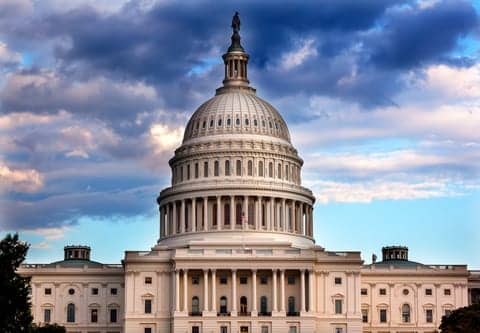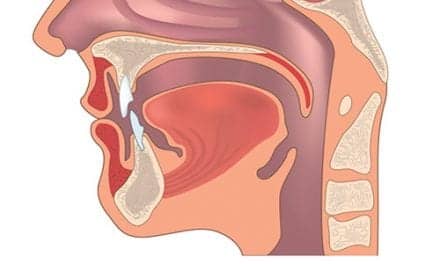A federal “Right to Try” bill passed the Senate in August 2017, and a companion bill, HR 878, is now before the House Energy & Commerce Committee. The bills, which have support from President Trump, would allow Americans to seek experimental therapies to treat rare diseases such as Alpha-1 antitrypsin deficiency or sarcoidosis.
David Curtis Glebe, a retired 64-year-old public prosecutor now living in Millsboro, Delaware, knows he’s lucky to be alive.
In mid-2013, while in Arizona, Glebe was diagnosed with pancreatic neuroendocrine cancer (PNET) — the same disease that killed Apple’s founder and CEO Steve Jobs.
After three years of progress with oral chemotherapy, Glebe’s cancer came back. His physicians, finding no other option, strongly advised Glebe to undergo peptide receptor radionuclide therapy (PRRT) — a procedure available in Europe for the past 15 years but off-limits to all but a handful of U.S. patients.










